
Conference Session Block 1
|
Day 1
Wednesday, March 19
*This schedule is subject to change
Fellows Talk - Sonography and HSG
Learning Objectives:
- Describe the differences between HSG or SIS.
- Compare Uterine cavity assessments: HSG versus SIS. 3
- Describe Tubal Assessment: HSG vs SIS.
- List methods to improve each technique.
Description:
This session will debate which technique is best for infertility patients: Hysterosalpingogram or Saline infusion sonohysterogram. We will review the advantages and disadvantages of each procedure. We will discuss clinical techniques involved in hysterosalpingography and saline infusion sonohysterography as well as some methods to improve your technique and outcomes regarding infertility. A few cases highlighting these techniques will be included.
Presented by:
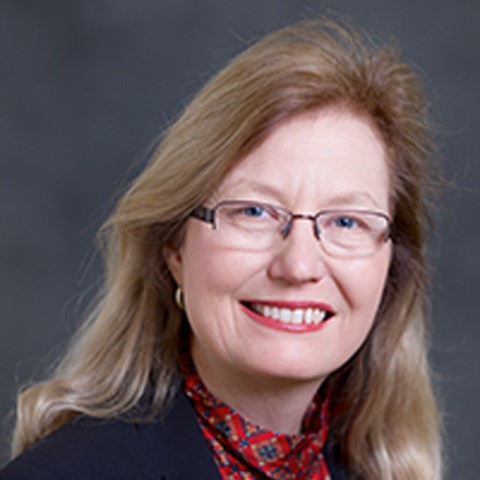 Elizabeth Puscheck Elizabeth Puscheck
Elizabeth Puscheck is a reproductive endocrinology and infertility physician practicing with InVia Fertility, Professor at Wayne State University and Fellow of the American Institute of Ultrasound in Medicine (AIUM). She graduated from Washington University in St. Louis Medical School, completed her OB/GYN Residency at Barnes Hospital, and REI Fellowship at Medical College of Georgia. She completed her MBA at University of Tennessee. She joined faculty at Northwestern University Medical School, then moved to Wayne State University where she held roles as past OB/GYN Residency Program Director, REI Fellowship Director, REI Division Director, and OB/GYN Chair, prior to joining InVia Fertility. She is currently the Chair of the Gynecologic Ultrasound Community of Practice for the AIUM. She has published over 200 peer-reviewed papers, chapters, books and clinical practice guidelines. She has served on the Board of Directors for ASRM, SREI, and AIUM. She co-founded Reproductive Stress 3M with Daniel Rappolee, Ph.D., a start-up company developing novel, innovative embryonic/trophoblastic stem cell high throughput assays which are corroborated and informed by transcriptomic pan-stress marker panels. These assays predict lineage imbalance, reproductive toxicity (quantitative and qualified to strong, weak and non-embryotoxic), adverse outcomes, and miscarriage.
Fellows Talk - Financial Management
Learning Objective:
- TBA
Description:
TBA
Presented by:
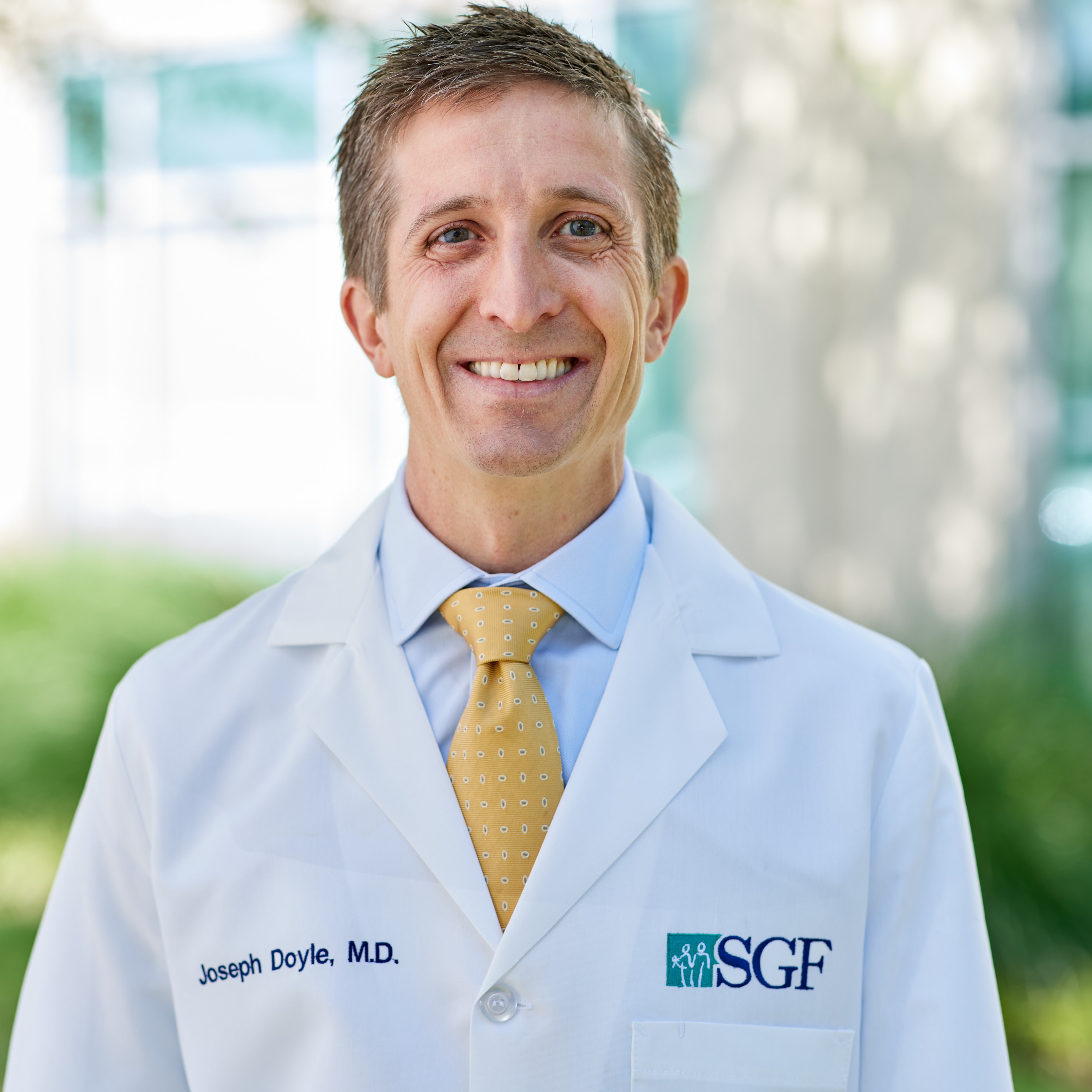 Joseph Doyle Joseph Doyle
Biography: Joseph Doyle, MD completed medical school at the University of Virginia (2005), residency at Brigham/MGH (2009), and fellowship at MGH (2012). He then joined Shady Grove Fertility in 2012, and has been there ever since. He is primarily clinical, but has been on the board of directors for Shady Grove Fertility and worked on the development team of US Fertility.
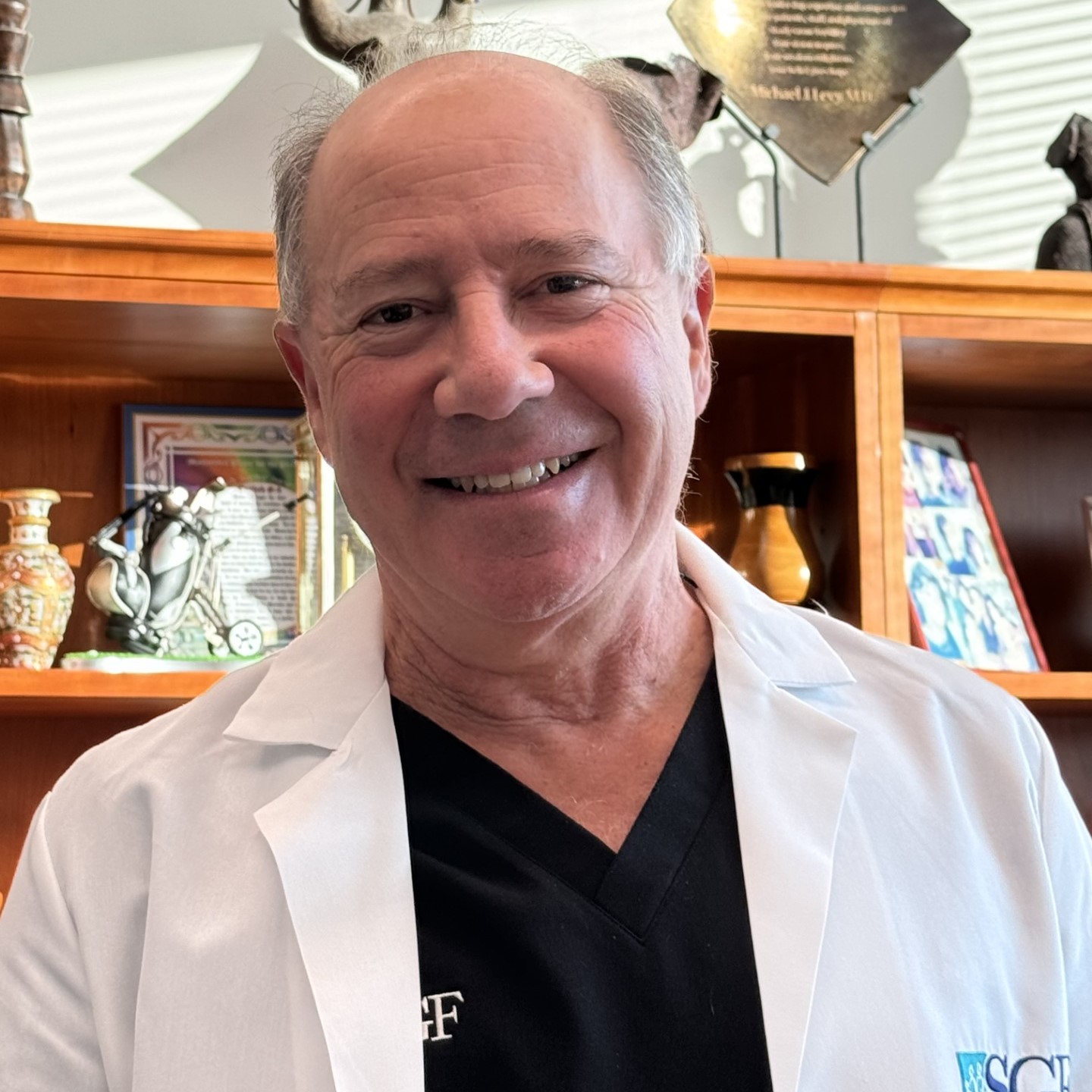 Michael Levy Michael Levy
Biography: Completed his residency in obstetrics and gynecology and a fellowship in reproductive endocrinology at The George Washington University. Board certified in obstetrics and gynecology and reproductive endocrinology.
Fellows Talk - Genetics 101
Learning Objectives
- Describe the objectives of genetic carrier screening in a reproductive medicine setting, and illustrate some of the challenges in interpretation and clinical decision making in the patient and gamete donor populations.
- Outline the various available forms of preimplantation genetic testing (PGT) and summarize the benefits and limitations of these options.
- Review ASRM guidelines for genetic screening of gamete donors and elucidate some of the complexities of expanded carrier screening panel interpretation in the donor population.
- Define the common genetic causes of male and female infertility.
Description:
Overview of genetic testing and services for fertility patients and gamete donors. Attendees will review basic concepts in clinical genetics, genetic carrier screening from a preconception perspective, common genetic etiologies for female and male factor infertility, indications and options for preimplantation genetic testing (PGT), as well as genetic screening for gamete donors.
Presented by:
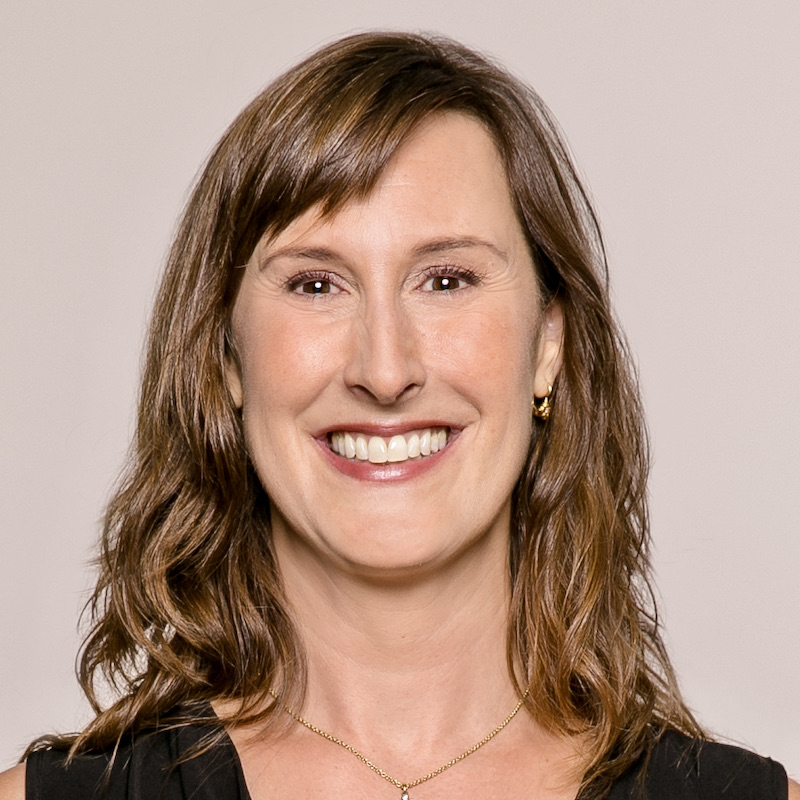 Lauri Black Lauri Black
Biography: Lauri graduated from the Genetic Counseling Program at the University of California Berkeley in 1998. She has been practicing in the field of reproductive genetics for her entire career, specializing in assisted reproductive technologies and infertility genetics. Lauri founded and chaired the American Society of Reproductive Medicine (ASRM) Genetic Counseling Special Interest Group in 2003, which is now the ASRM Genetic Counseling Professional Group. She continues to be an active member, presenting in postgraduate courses and in the main congress many times over the decades. Additionally, she has coauthored numerous publications and committee statements in Fertility and Sterility. Lauri has also been Secretary, Co-chair and continuing member of the National Society of Genetic Counselors’ (NSGC) ART/Infertility Special Interest Group. In 2022, Lauri became the Director of Genetic Services for Inception Fertility, the largest fertility services organization in North America and the parent company for The Prelude Network of fertility clinics and MyEggBank.
Genetics Breakout - Investigation and Root Causes of PGT Discrepancies
Learning Objectives:
- Review that PGT-A is a screening test, with biological, technical, procedural sources of error.
- Describe PGT laboratory processes for discrepancy investigation.
- List common root causes of discrepancies between the PGT result and prenatal/postnatal findings.
Description:
The goal of PGT testing is to identify euploid embryos and/or embryos that test negative for a specific inherited disease prior to transfer. However, PGT does not guarantee that a pregnancy or child will be chromosomally normal and/or free of disease. Concerns for prenatal or postnatal aneuploidy after transfer of a PGT-A tested embryo may arise, but fortunately, many cases are resolved as false alarms. Similarly, while very rare, a child may be born with the genetic disease tested during PGT-M. Cases of confirmed discrepancies may be due to inherent limitations of PGT-A testing, namely mosaicism and sampling limitations. Other potential explanations may include spontaneous conception, contamination of the PGT sample, or unintended embryo transfer.
Presented by:
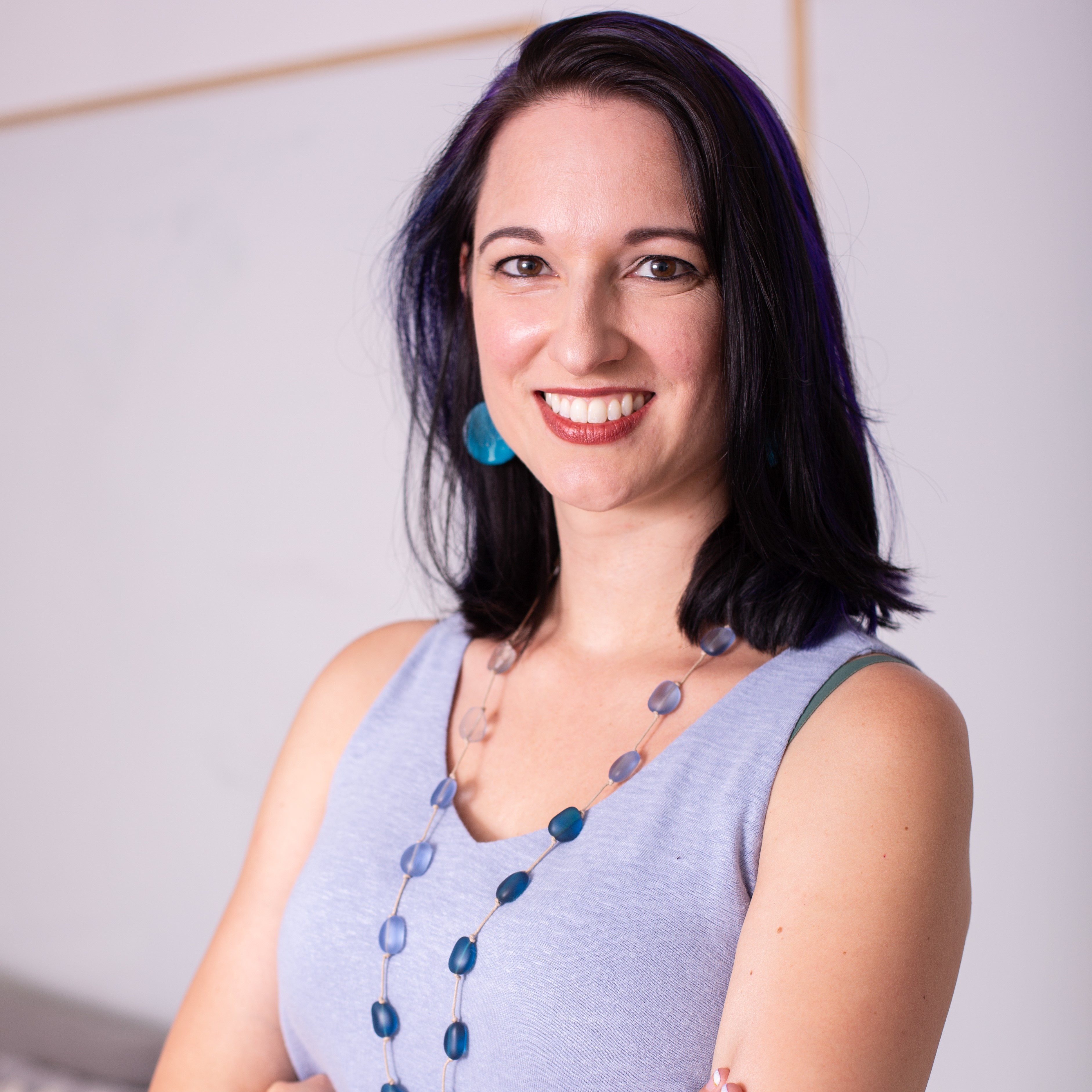 Alyssa Snider Alyssa Snider
Biography: Dr. Alyssa Snider is a PhD geneticist and certified genetic counselor passionate about helping patients overcome infertility through assisted reproductive therapies. Dr. Snider is the Director of Clinical Genetic Services at Igenomix, where she has helped grow the company since its inception in the United States. Dr. Snider received her PhD at Stanford University and completed her genetic counseling program at California State University, Stanislaus. She directs Igenomix’s clinical genetic testing services, including and PGT-A and PGT-M, and oversees the genetic counseling department. She is the Vice Chair for ASRM's PGT special interest group, a past chair for ASRM’s genetic counseling special interest group, and a past chair for the National Society of Genetic Counselors assisted reproductive therapies special interest group.
Lab Breakout - Errors in the ART Laboratory: How to Prevent Them and Strategies to Handle Errors When They Do Occur
Learning Objectives:
- Review of the most common causes of litigation and compensation related to ART.
- Introduction of methods to detect errors before they occur.
- Review of some current litigation situations.
Description:
This session will identify some of the most common causes of compensation and litigation related to ART. We will introduce methods to detect errors and implement protection strategies before they occur. We will also review true scenarios to identify ways to avoid having these areas happen to you.
Presented by:
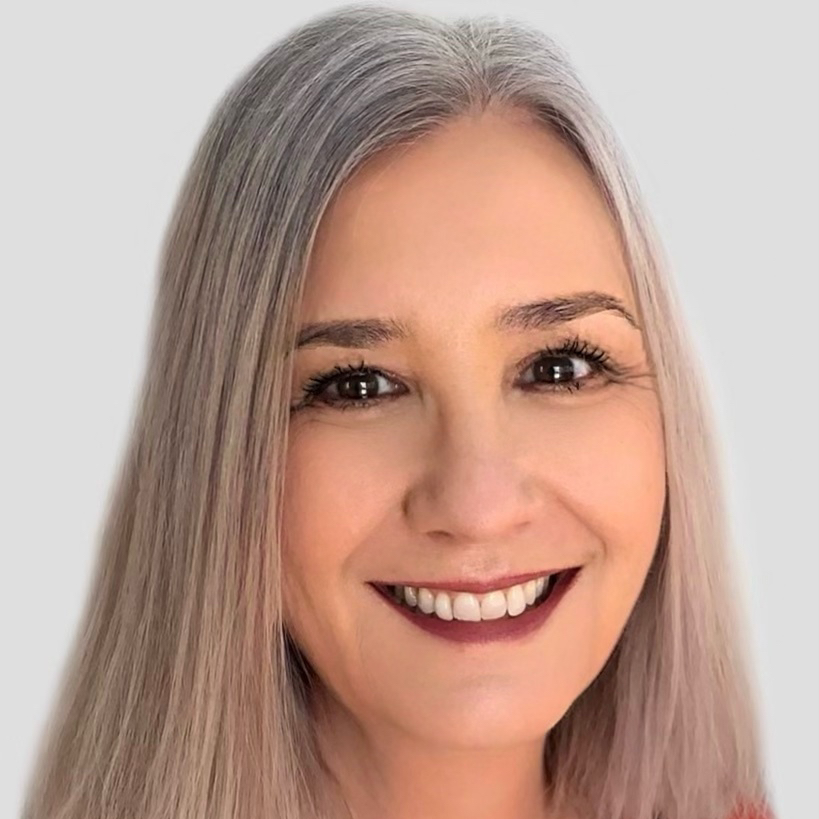 Carli Chapman Carli Chapman
Biography: Carli Chapman , BS, TS(ABB) ELD (ABB) has nearly 40 years of experience in the Assisted Reproductive Technology Space. She is an active member of ASRM.and currently serves on several SART committees. She has previously served as an associate chair on the ASRM board representing Society of Reproductive Biologists and Technologists (SRBT), Post-graduate Course Chair, and Member of the coding committee. She has served on the board of SRBT and the board of the Reproductive Technologists Profession Group as executive leadership. She actively participates in training and education of new embryologists and andrologists through many different venues. She is a frequent invited lecturer amongst the many local embryology societies in the United States. As a Regional Laboratory Director for Kindbody, Carli oversees 5 laboratories focused in the midwest.
Fellows Talk - STATs
Learning Objectives
-
Discuss study design methodology and the strengths and limitations of various designs.
-
Identify the correct statistical tests based on the study design and data.
-
Understand common mistakes in communicating scientific data.
Description:
A high-level overview of statistics for the REI fellow. The session will discuss principles of study design, when to use which statistical test (assumptions of a test), and interpretation of statistics in scientific literature.
Presented by:
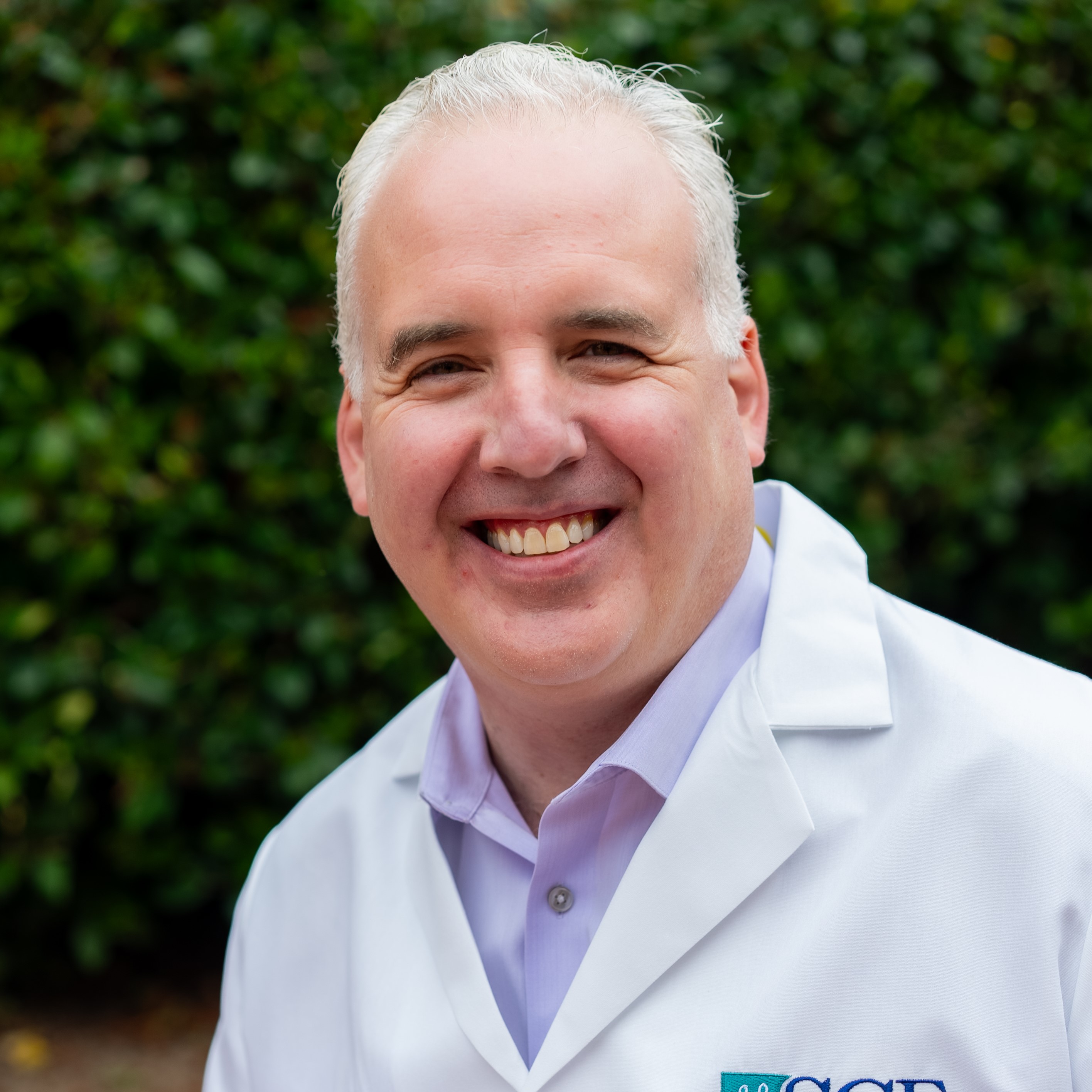 Micah Hill Micah Hill
Biography: Dr. Micah Hill is the REI Fellowship Director of the NIH Combined Federal Fellowship. He transitioned in 2024 from an active duty Army Colonel at Walter Reed to Shady Grove Fertility. He is Professor of Gynecologic Surgery and Obstetrics at the Uniformed Services University, the nation's military health professionals’ academy and medical school. In addition to the 35 REI fellows he has trained as Program Director, he is active in international reproductive health education. He is Cohost of the F&S On Air Podcast, Host of the F&S Journal Club Global, and teacher at the ASRM embryo transfer simulator course over a dozen times. As Media Editor, he has evolved how F&S disseminates scientific knowledge to health care professionals and patients. His teaching and mentorship have been recognized by the ACOG Armed Forces District Professor of the Year Award in 2021 and Edward E. Zimmerman Award in 2023. The military recognized his teaching with the Lieutenant General Claire L Chennault Award in 2017 and the Excellence in Education Award in 2015. He served 6 years on the ASRM Practice Committee, as President of SREI, and President-Elect of SART. He has served on the board of directors for ASRM, SREI, SART, ACOG, and PCRS.Dr. Hill has published over 130 peer-reviewed papers, 40 practice committee opinions and guidelines, and 250 scientific abstracts. He has mentored trainees who received over 25 awards for their research. His favorite teaching areas include study design and statistics, the steroid pathway, and the menstrual cycle.
Lab Breakout - Clinic/Lab Communication: Balancing Volume with Safety and Quality
Learning Objectives:
-
Demonstrate understanding of why growth needs to be planned and coordinated.
-
Assess staffing and equipment needs for successful lab growth.
-
Integrate a inter-departmental approach to sustained successful growth.
Description:
Cycle number growth is expected in most clinics. Balancing growth with safety involves inter-departmental commuciation to ensure success and meet goals.
Presented by:
Chelsey Leisinger, PHD, HCLD
Biography: TBD
APP/Nurse Breakout | Increase Access to Care - Applying Your APP Knowledge to a Low Tech Independent Practice
Learning Objectives:
-
Identify how APP-led fertility practices bridge the gap in fertility care, such as accessibility, affordability, and culturally-congruent, trauma-informed and patient-centered care.
-
Identify ways that APP's can provide routine infertility care in small independent practice settings.
-
Demonstrate the benefits of operating a small independent practice in the perspective of the owner and the clients.
-
Describe the general progression of "symptom" to "diagnosis" to "treatment" in the US healthcare system.
-
Identify some of the factors that contribute to APP, nurse and support staff burnout in typical IVF centers.
Description:
Our industry is well aware of the growing incidence of infertility in the US, and also aware that there is an overall shortage of fertility clinics in the country. Small, low-tech, independent practice offices can provide much of what is done at an IVF center, but at a lower cost and in a more timely manner. Small practices can take on the burden of emotional support, education, workup, timed intercourse cycles, and IUI cycles. This not only helps reduce the volume and workload of IVF support staff, but also helps prepare the client emotionally, financially, and physically for their potential future IVF cycles. This can help improve the efficiency of IVF centers, allowing them to perform more IVF cycles, ultimately increasing revenue and reducing staff burnout.
Presented by:
 Disha Mistri Disha Mistri
Biography: Disha Mistri has been a nurse practitioner for 10 years. Prior to her nursing career she was a middle school science teacher in Miami, FL. As nurse she worked in adolescent psychology. As an NP she worked at Planned Parenthood and Hanabusa IVF in San Diego, specializing in mini IVF. She is the founder of OM Fertility, a low tech independent practice in San Diego, CA, which has now been operational for about 4 years. Disha hopes to help spread the word of low tech fertility clinics and wishes to help aspiring APP's start their own independent practices.
Genetics Breakout - Genetic Testing Panels for IVF Failure: The Answer We’ve Been Waiting For?
Learning Objectives:
-
At the end of the session participants should be able to summarize the nonsyndromic phenotypes currently associated with single gene causes of IVF failure.
-
At the end of the session participants should be able to evaluate the benefits, risks, and limitations of clinical genetic testing for genes related to nonsyndromic causes of IVF failure.
-
At the end of the session participants should be able to argue for the importance of pre- and post-test genetic counseling when considering genetic testing for nonsyndromic causes of IVF failure
Description:
When IVF is unsuccessful patients and clinicians alike seek answers and solutions. When multiple IVF cycles fail unexpectedly, genetic factors are often believed to play a role, but concrete evidence to prove this is often lacking. In recent years, significant advances in gene discovery have been made linking specific genes to certain infertility phenotypes. In this session we will review which phenotypes have been associated with genetic factors, focusing on a few genes of interest. We will discuss the option of offering genetic testing panels to patients with these phenotypes and explore the clinical utility. Given the rapid advancements in this space, we will also explore how genetic counselors can provide support to physicians and patients alike before and after testing is ordered.
Presented by:
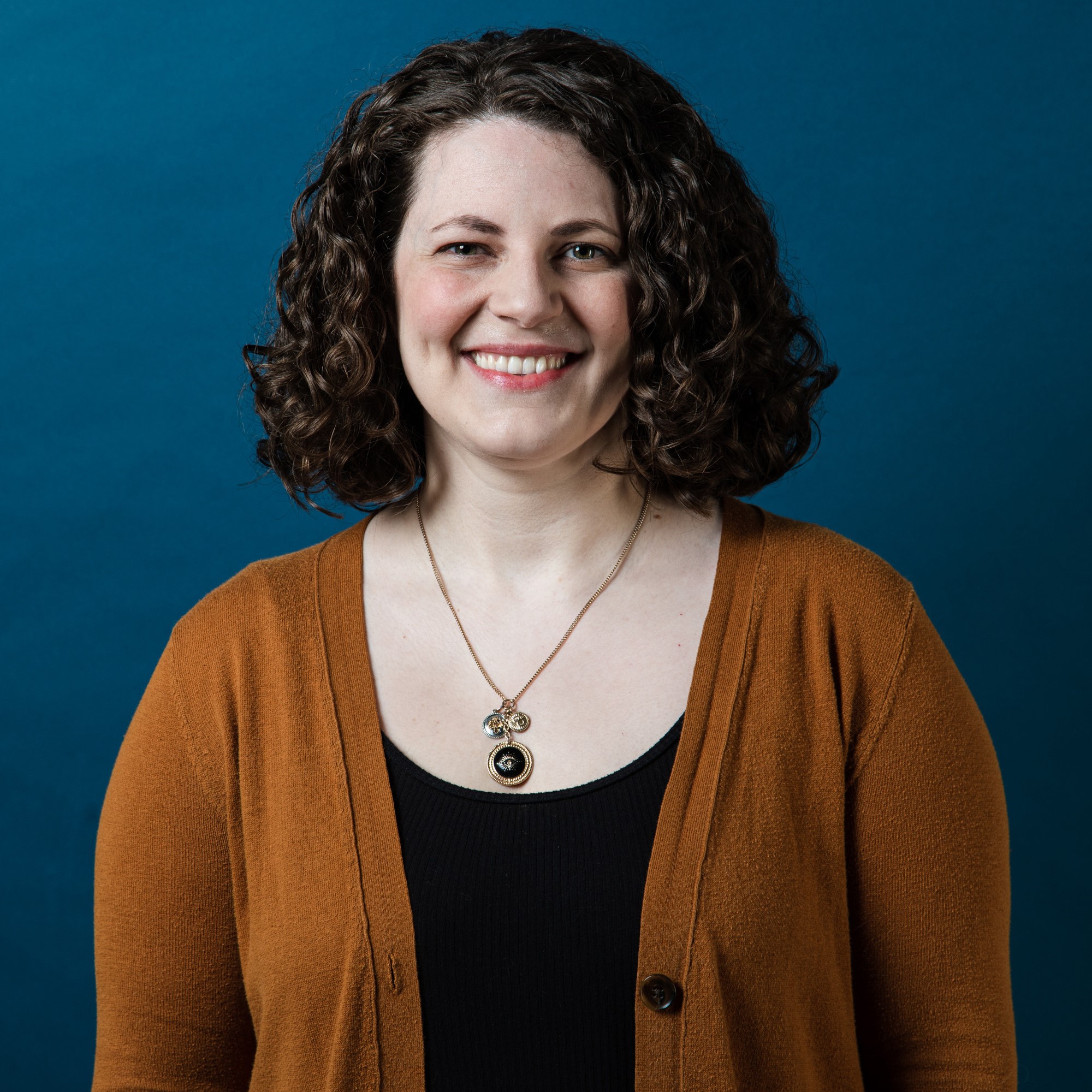 Meaghan Doyle Meaghan Doyle
Biography: Meaghan Doyle, MS, LCGC (she/her) is a Licensed Certified Genetic Counselor and the Founder of DNAide Genetic Counselling. She obtained her undergraduate degree in Genetics and Psychology from the University of Toronto and her Master of Science in Genetic Counseling from Arcadia University. After being hired as a genetic counselor at a fertility clinic she recognized how few clinics had access to genetic counselors on staff for support. She founded DNAide Genetic Counselling to help make fertility genetic counselors more accessible to patients and clinicians across North America. Meaghan has expertise in Preimplantation Genetic Testing, mosaicism and aneuploidy in embryos, donor conception, and the genetic causes behind infertility and IVF failure. She is passionate about helping fertility patients by providing them with evidence-based information they can understand and ensuring that they are fully supported to make decisions that will be best for them and their families.
Fellows Talk - SREI Fellow's Young Investigator Research Award Competition
Learning Objectives:
- TBA
Description:
TBA
Presented by:
Rand El Sharaiha, MD
Biography: Reproductive Endocrinology and Infertility Fellow, Department of Obstetrics & Gynecology, Division of Reproductive Endocrinology and Infertility, Washington University in St. Louis School of Medicine
Ecem Esencan, MD
Biography: Reproductive Endocrinology and Infertility Fellow, Department of Obstetrics and Gynecology, Division of Reproductive Endocrinology and Infertility, Northwestern University Feinberg School of Medicine
Allison A. Eubanks, MD
Biography: Reproductive Endocrinology and Infertility Fellow, Department of Reproductive Endocrinology and Infertility, Walter Reed National Military Medical Center, Bethesda, MD National Institute of Child Health and Human Development, National Institutes of Health, Bethesda, MD
Marissa Holden, MD
Biography: Reproductive Endocrinology and Infertility Fellow, Department of Obstetrics and Gynecology, Division of Reproductive Endocrinology and Infertility, Cedars- Sinai Medical Center
Meaghan Jain, MD
Biography: Reproductive Endocrinology and Infertility Fellow, Department of Obstetrics and Gynecology and Women’s Health, Division of Reproductive Endocrinology and Infertility, Albert Einstein/Montefiore Medical Center
Isabelle Mason MD
Biography: Reproductive Endocrinology and Infertility Fellow, Department of Obstetrics and Gynecology, Division of Reproductive Endocrinology and Infertility, University Hospitals Fertility Center, Case Western Reserve University
Genetics Breakout - Medical Update and Adverse Outcome Management in Third Party Reproduction
Learning Objectives
-
Identify when new medical information from a gamete donor or recipient's pregnancy/child warrants further investigation and notification.
-
Review the information essential for accurate risk assessment and the importance of medical records.
-
Discuss the notification process for impacted recipients and donors.
-
Outline possible follow up testing genetic testing of gamete provider(s), donor conceived embryos, fetus or donor conceived person (DCP).
Description:
In this session, we will review the definitions and differences between a medical update and adverse outcome notification in third party reproduction. We will describe the challenges and essential components of an effective adverse outcome investigation to provide the most accurate updated risk assessment for affected recipients and donors. Additionally, we will discuss the processes and impact on recipients, donors and the clinic third party program when new medical information is identified.
Presented by:
 Lauri Black Lauri Black
Biography: Lauri graduated from the Genetic Counseling Program at the University of California Berkeley in 1998. She has been practicing in the field of reproductive genetics for her entire career, specializing in assisted reproductive technologies and infertility genetics. Lauri founded and chaired the American Society of Reproductive Medicine (ASRM) Genetic Counseling Special Interest Group in 2003, which is now the ASRM Genetic Counseling Professional Group. She continues to be an active member, presenting in postgraduate courses and in the main congress many times over the decades. Additionally, she has coauthored numerous publications and committee statements in Fertility and Sterility. Lauri has also been Secretary, Co-chair and continuing member of the National Society of Genetic Counselors’ (NSGC) ART/Infertility Special Interest Group. In 2022, Lauri became the Director of Genetic Services for Inception Fertility, the largest fertility services organization in North America and the parent company for The Prelude Network of fertility clinics and MyEggBank.
Lab Breakout - Ethical Dilemmas in the Lab: What Would you Do?
Learning Objectives:
- The participants will understand the importance of reporting and documenting lab incidents. Using them as a learning tool, not as punishment to those involved in the issue.
- The audience will gain knowledge in how to properly set up a reporting system with a chain of command for lab accidents.
- Lab staff should not be in an environment of fear and stress. Understanding that mistakes will happen. When they do occur how to properly handle the situation with physicians, administration, and patients.
Description:
This presentation will focus on incidents that occur in the IVF lab and how to handle them. I'm planning on it being interactive with the audience, including minor mistakes that don't impact patient outcome to major issues that can negatively affect a patient's cycle. I will give examples of several problems that have or can occur within an IVF lab.
Presented by:
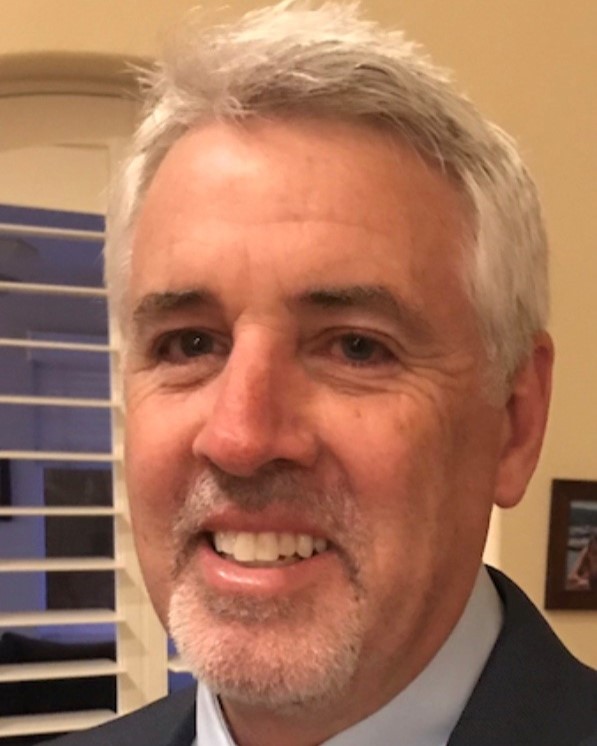 Bill Venier Bill Venier
Biography: Bill has over 35 years’ experience in human embryology, andrology, and state-of-the-art IVF lab techniques. He holds a M.Sc. in Human Reproductive Biology from Imperial College, University of London and certified by the American Board of Bioanalysis as an Embryology Laboratory Director, ELD (ABB). Trained in the U.S., U.K., and Australia with some of the most well-respected people in our field. Currently (since 2000). He is the IVF Laboratory Director for San Diego Fertility Center performing approximately 3800+ cycles per year. Bill also is the co-founder of World Embryology Skills and Training (WEST). Member of ASRM/SART since 1991. Other professional organizations include SCARB (Founder), SRBT, ABB.Fun fact: He played an embryologist in a major motion picture.
APP/Nurse Breakout | Nutrition and Supplements - Helpful or Harmful
Learning Objectives:
-
Discuss potential benefits of commonly used dietary supplements for fertility patients.
-
Review research describing food sources of nutrients vs supplements.
- Offer strategies to guide patients in selecting high-quality, evidence-based supplements that complement their nutritional needs and fertility goals.
Description:
In this session, we will explore the complex role that nutrition and dietary supplements play in the fertility journey. The session will provide an evidence-based approach to understanding how dietary choices and supplements can support or potentially hinder fertility. Attendees will gain insights into advising fertility patients on the pros and cons of supplements, and how to optimize fertility outcomes through diet.
Presented by:
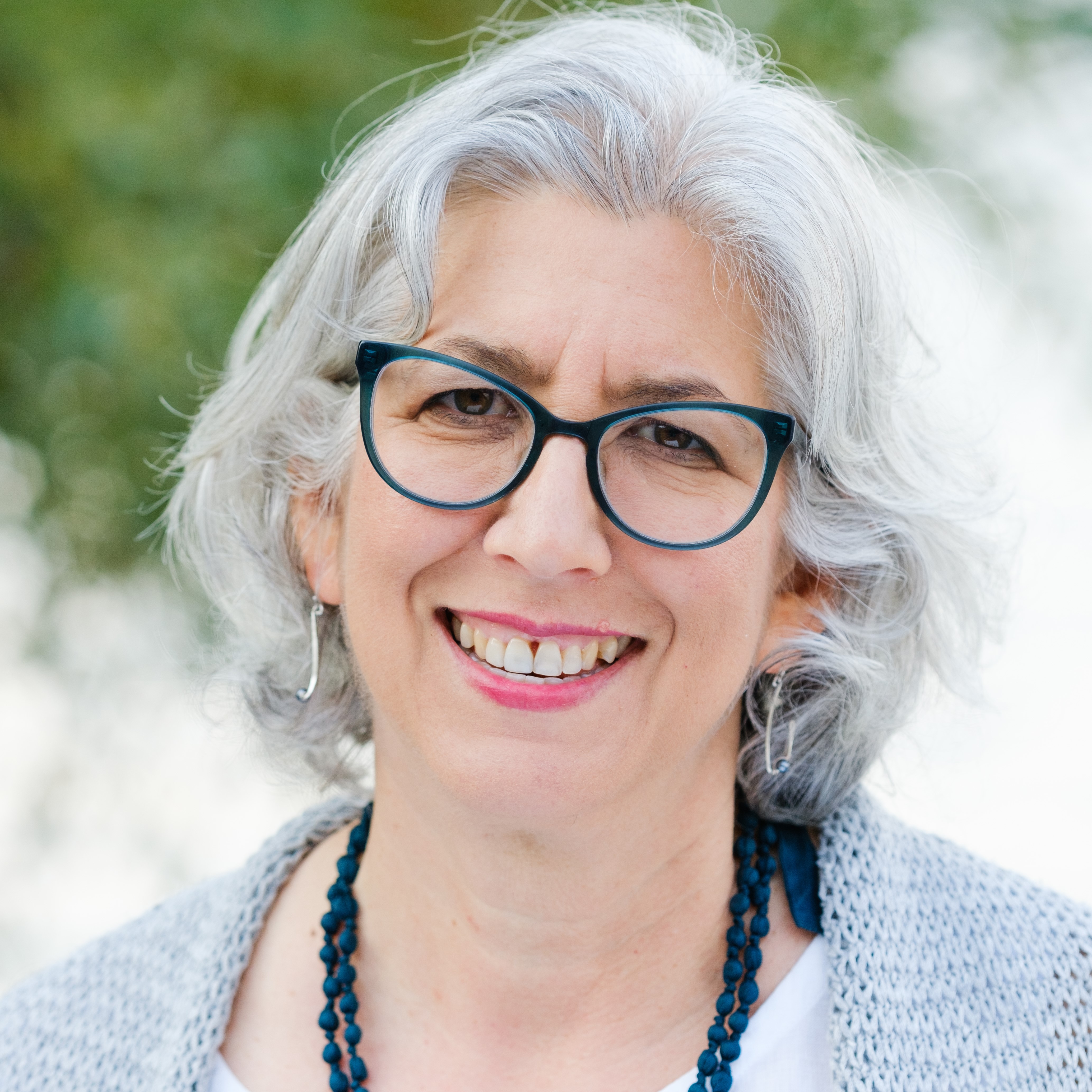 Judy Simon Judy Simon
Biography: Judy Simon, MS, RDN, CD, CHES is an award winning registered dietitian nutritionist who specializes in reproductive health. She is the founder of Mind Body Nutrition, PLLC and a clinical instructor at the University of Washington. Judy’s expertise includes fertility, PCOS, eating disorders, weight inclusive medicine and reproductive health. Judy has held leadership roles in the American Society of Reproductive Medicine Nutrition Special Interest Group and is a Fellow of the Academy of Nutrition and Dietetics. Judy is the co-founder of Food For Fertility program and co-author of Getting to Baby A Food-first Fertility Plan to Improve Your Odds and Shorten Your Time to Pregnancy, Ben Bella Publisher. (2024)
|